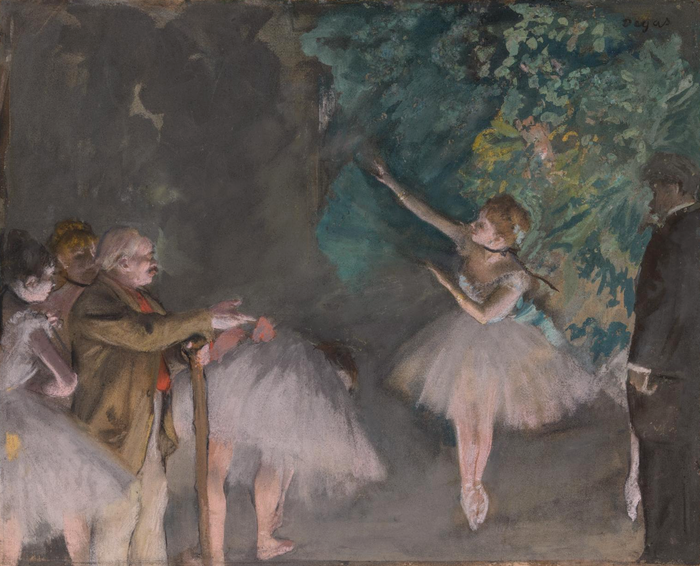
‘Wildcat Banking’: Bitcoin Prices Plunge as Crypto Selloff Picks Up Pace
By LUKE FUNK
|Poets like Boris Dralyuk can write an iambic-pentameter sonnet just because they appreciate the sound and feel of it, too young to remember the days when you risked your academic life and poetic reputation by daring to rhyme.

Already have a subscription? Sign in to continue reading

By LUKE FUNK
|
By LAWRENCE KUDLOW
|
By MATTHEW RICE
|$0.01/day for 60 days
Cancel anytime
By continuing you agree to our Privacy Policy and Terms of Service.